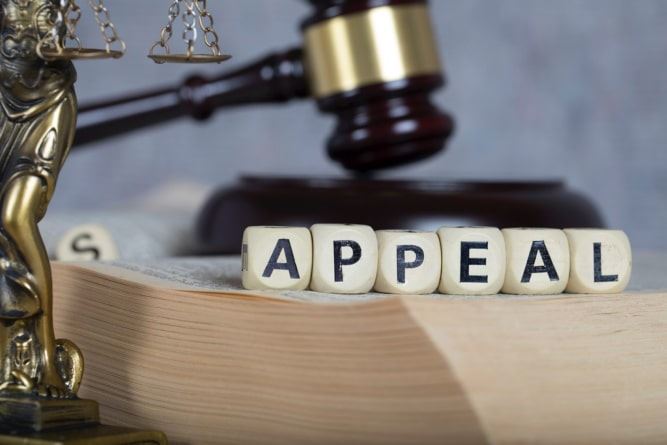Facing an unfair decision from the trial court can be depressing and devastating emotionally and financially. However, a conviction doesn’t spell almost certain doom for your legal options. By and large, filing an appeal can be a feasible course to challenge the decision.
This article will walk you through the process of filing an appeal after a conviction, highlighting essential steps, common mistakes, and how post-conviction lawyers in Florida can assist you with exploring the complex appeals process.
What Is an Appeal?
An appeal is a conventional solicitation to a higher court to review the decision made by a trial court. It’s anything but a retrial yet rather a legal process to assess whether any errors of law happened during the underlying trial. On the off chance that errors are distinguished, the appellate court can upset or change the trial court’s decision, possibly prompting a new trial, a diminished sentence, or even the excusal of the case.
Hire an Experienced Post-Conviction Lawyer
The appeals process is complex and expects inside and out information on the law, legal points of reference, and court procedures. The appeal cases are complexes so they need specialized expertise of the professional appeal lawyers. Post-conviction lawyers in Florida represent considerable authority in appellate law and have the expertise to distinguish legal errors that happened during your trial.
Filing a Notice of Appeal
Whenever you have held a post-conviction lawyer, the primary proper step is filing a “Notice of Appeal.” This record informs the trial court and the contradicting party that you expect to challenge the court’s decision. The notice of appeal is filed with the court agent in the purview where your trial happened. In Florida, this should be finished in somewhere around 30 days from the date of your conviction or condemning.
After filing the notice of appeal, the trial court will send the record of your case to the appellate court, which incorporates records, evidence, and some other archives connected with your trial. Your lawyer should review this whole record cautiously to recognize any legal errors that could frame the reason for your appeal.
The Appellate Brief
One of the most basic components of the appeals process is the appellate brief. This record spreads out the legal arguments for why the appellate court should upset or alter the trial court’s decision. The brief incorporates a summary of the trial court’s proceedings, a nitty gritty clarification of the supposed legal errors, and supporting case law or resolutions.
Your lawyer will get ready and present this brief to the appellate court. The contradicting party will likewise have the valuable chance to file an answering brief, shielding the first trial court decision. Now and again, the court might permit oral arguments, where the two players present their arguments face to face.
The Appellate Court’s Decision
After reviewing the briefs and the trial court record, the appellate court will pursue its choice. This process can require a while. The appellate court can:
- Affirm the trial court’s decision: Assuming that the appellate court finds no legal errors, the conviction and sentence will stand.
- Switch the conviction: In the event that the court recognizes critical legal errors, it might switch the conviction, possibly prompting a new trial or the excusal of charges.
- Change the sentence: The appellate court can lessen the sentence assuming it establishes that the trial court’s condemning was ridiculous.
You should remember that regardless of whether your appeal is fruitless, you might have other legal roads accessible, like filing for post-conviction relief or a habeas corpus request.
Common Mistakes to Keep away from During the Appeals Process
The appellate process is highly specialized, and, surprisingly, minor mistakes can imperil your case. Here are a few common entanglements to keep away from:
- Missing cutoff times: As referenced prior, cutoff times in the appellate process are severe. Missing a cutoff time can bring about your appeal being excused.
- Filing deficient grounds for appeal: Your appeal should be founded on unambiguous legal errors, not disappointment with the outcome.
- Neglecting to hire an experienced lawyer: The appellate process is highly specific. Hiring an experienced post-conviction lawyer is basic to ensuring your appeal is fruitful.
Filing an appeal after a conviction is a confounded process that requires profound legal information and experience. Post-conviction lawyers can direct you through each step, ensuring that your appeal is filed accurately and that all potential legal errors are recognized.

